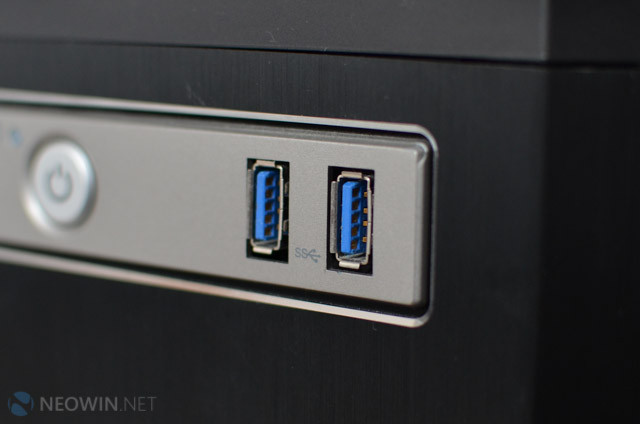
Intel has revealed that an upcoming update to USB 3.0 SuperSpeed that not only increases the throughput available through the interface, but also the power output. This means that you"ll be able to transfer data to your USB 3.0 devices at an increased rate, as well as potentially power a range of items without the need for a dedicated power cord.
The USB 3.0 SuperSpeed specifications boost will up the power delivery to 100 watts, from just 10 watts, through delivering a maximum of 20 volts at 5 amps. A range of different power profiles will be available, some that appear to be designed with laptop charging in mind, such as the 60W (20V at 3A) profile. As well as the higher-power profiles, the standard 10W profile (5V at 2A, perfect for smartphone charging) will still remain.
With such a large increase in the power delivery through USB 3.0, it will be possible to power a range of devices from a single USB SuperSpeed hub. You could be charging your laptop, powering an external hard drive and using a second monitor all through just the one hub, and future TV manufacturers could implement high-powered USB hubs that could be used for powering nearby equipment such as low-power HTPCs.
Jeff Ravencraft, president of the USB Implementers Forum (USB-IF), had this to say about the improvements to USB 3.0:
This is going to change the way computers, peripheral devices, and even HDTVs will not only consume but deliver power. You can have an HDTV with a USB hub built into it where not only can you exchange data and audio/video, but you can charge all your devices from it. This power delivery capability is going to extend the ease of use for consumers, reduce clutter in the work and home environment, but also reduce electronic waste filling up landfills with custom chargers.
As well as bumping the power output up to 100W, the spec-boosted USB 3.0 SuperSpeed will also up throughput to 10 Gbps (up from 5 Gbps), which will still fall short of Thunderbolt"s 20 Gbps, although USB 3.0 will likely remain far more widespread.